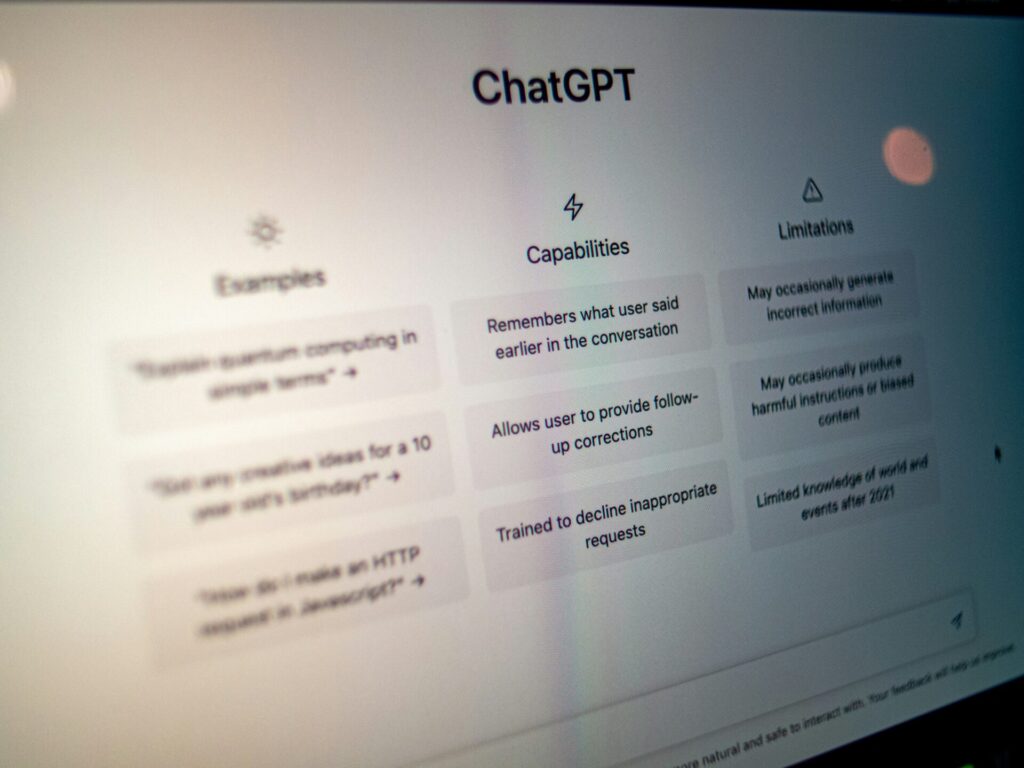Are you interested in learning more about AI? Check out Immerse Education’s AI summer school in 2026. Spend your summer meeting like-minded peers, and advance your skills and knowledge in artificial intelligence. Plus, you get to explore one of the world’s most prestigious universities.
Ethical issues with artificial intelligence in healthcare
The ethical issues with artificial intelligence in healthcare revolve around privacy and surveillance, bias and discrimination, as well as the role of human judgement. Where there is technology, there is always a risk of inaccuracy and data breaches. And, mistakes in healthcare can have devastating consequences for patients. Because there are no well-defined regulations on the legal and ethical issues relating to artificial intelligence and the role it plays in healthcare, this is a crucial topic that needs to be explored.
Why do we need artificial intelligence in healthcare?
As students interested in technology often explore pathways such as a computer science summer school to understand emerging innovations, it becomes clear why AI is increasingly important in healthcare.
We all know that nurses are some of the most important yet underpaid and overworked key workers in our society. Rising chronic disease and resource constraints mean that new solutions are always being sought after, and technology is a means to solve such problems.
AI and technology can allow healthcare workers to focus on real patient problems and leave any jobs that can be done by computer systems to machines. AI has the ability to change the healthcare system by producing new and crucial insights into the vast amount of digital data that it can access far more quickly and efficiently than any human can.
Examples of AI in healthcare:

It can be hard to pinpoint just what AI in healthcare looks like without real-world examples. Here’s a list of some of the AI innovations that already exist in the healthcare world:
- Da Vinci the surgical performing robot
- Sensely, the artificial intelligence nurse who provides clinical advice, and self-care tips, schedules appointments, and gives directions to the ER
Join the Immerse Education 2025 Essay Competition
Follow the instructions to write and submit your best essay for a chance to be awarded a 100% scholarship.

Ethical issues in AI data handling
The use of AI in healthcare raises concerns about inaccuracy and data breach possibilities. The use of electronic health records (EHRs) can be used for scientific studies, improving the quality of healthcare and clinical care optimization, however, this comes with a risk of data being hacked and shared for the wrong purposes. Other ethical considerations include the ownership of an individual’s healthcare records and patient history, who this will be shared with and when, and if consent needs to be given.
Students learn about data privacy in places like a Cambridge summer school or even an online summer school to study topics like data privacy and AI ethics from home. Learning more about these topics can help understand the importance of data handling when it comes to AI.
Ethical issues in drug development
In the near future, it’s expected that artificial intelligence is going to simplify and accelerate the way drugs are developed. AI can deal with drug discovery, which is currently human-led, labour-intensive work. It can also use data processes to utilize robotics and models of genetic targets, organs, drugs, disease and their progression. The possibilities of what AI can do to help patients in their recovery seem pretty endless.
However, there is an ongoing debate surrounding AI and healthcare and whether there needs to be a new set of laws or whether the current laws that relate are enough to protect patients from the possible downfalls of AI.
The use of artificial intelligence in healthcare has a great deal of potential, but it also comes with ethical issues that must be addressed. These key considerations include:
- Informed consent to use data
- Safety and transparency
- Algorithmic fairness and biases
- Data privacy
Policymakers need to ensure that these ethical issues are tackled proactively so that the benefit of AI outweighs the risk.






















